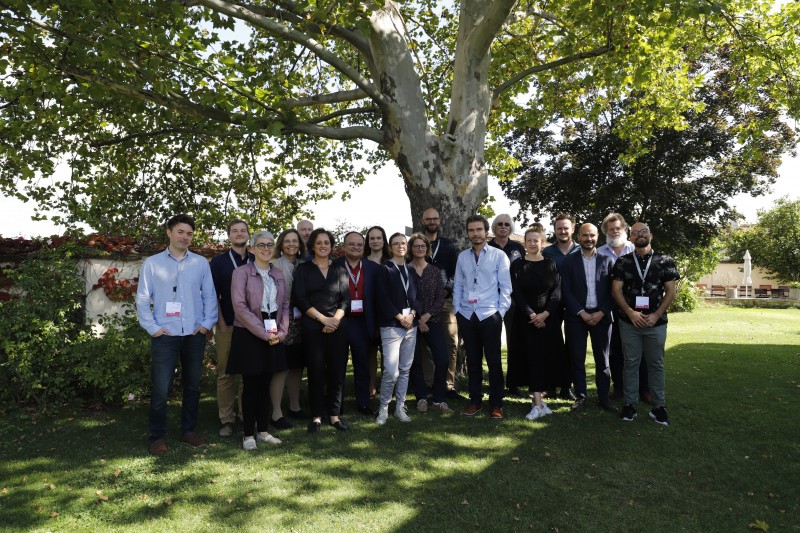Event Details
Topic
Popular ideas about sustainability are still largely guided by a techno-scientific ideal of control, even though limits and difficulties of this ideal have been obvious for some time. Often fueled by alarmist scenarios of destruction, the remnants of a techno-scientific ideal of control threaten to undermine the very notion of sustainability as well as our attempts to initiate and foster transformations towards more desirable and just futures. Alternatives to a techno-scientific illusion, such as co-evolutionary processes within complex adaptive systems or participatory transdisciplinary conceptions of sustainability have emerged, but have yet to gain wider acceptance outside of specific academic discourses.
This workshop places current ideas about sustainability and related transformations in the context of interlinked histories of techno-science, cybernetics, complex systems theory and sustainability science. Participants will focus on detailed historical analyses of case studies, assessment of current trends and discourses, and envisioning of future ones. A main focus will be on the shifting conceptual frameworks and on the role of modeling strategies (especially complex systems models) for sustainability transformations.
Goals
The goal of the workshop is to jointly develop a more adequate methodology and epistemology for a sustainability science that moves beyond a techno-scientific ideal of control and that is rooted in complex adaptive systems, co-evolutionary perspectives, and transdisciplinary methodologies. We will develop a vision for a complexity-inspired sustainability science that is grounded in a thorough understanding of the historical roots and epistemological conditions of sustainability which shall enable participatory and collaborative approaches to sustainability transformations.
Questions
- What are examples of complexity-inspired approaches for sustainability in the Anthropocene? What can we learn about how to deal with complexity in sustainability from the study of broad historical trends in the sustainability discourse? What can we learn from the study of specific case studies about the main features of a complexity-inspired sustainability science?
- What do theoretical and epistemological foundations for a complexity-inspired sustainability science should look like? What are examples of existing theoretical and epistemological frameworks for sustainability in the Anthropocene? To what extent do these frameworks rely on an understanding of socio-ecological and socio-technical systems as co-evolving and complex adaptive systems? What is already there and what is missing?
- How can we develop and establish a complexity-inspired sustainability science into the future? If we aim to develop and establish a sustainability science rooted in complex adaptive systems, co-evolutionary perspectives, and transdisciplinary methodologies, what is present already and what should be improved? What strategic steps should we take to establish a stronger complexity-inspired sustainability science that moves beyond a techno-scientific ideal of control?



